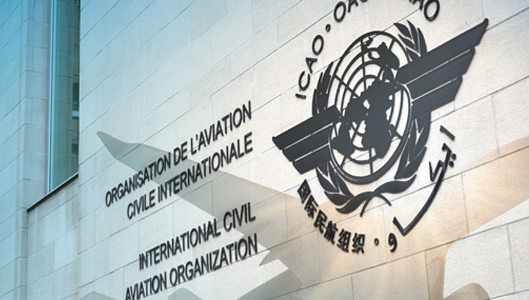New aviation Standards and Recommended Practices (SARPs) have been adopted at the International Civil Aviation Organisation (ICAO) to enhance safety and accelerate the transformation of the global air navigation system, including the integration of Remotely Piloted Aircraft Systems (RPAS).
The ICAO Council approved amendments to 15 of the 19 Annexes to the Convention on International Civil Aviation and approved a new “Procedure for Air Navigation Services (PANS) on Information Management”.
With the Council’s adoption of the new Part IV International Operations — Remotely Piloted Aircraft Systems to Annex 6 – Operation of Aircraft, the basic building blocks for a regulatory framework to enable the international operation of RPAS are now in place. Consequently, RPAS operators will be required to hold a specific operator certificate, akin to the traditional air operator certificate.
The Council previously agreed to the regulatory structure for the issuance of remote pilot licences, RPAS-specific airworthiness requirements, and provisions for C2 Links frequency bands, procedures and systems. Together, these provisions satisfy three key requirements for international air navigation: a remote pilot licence, a certificate of airworthiness, and an RPAS operator certificate.
At ICAO, the Remotely Piloted Aircraft Systems Panel (RPASP) coordinates and develops ICAO SARPs, procedures and guidance material for RPAS, for safe integration into non-segregated airspace and aerodromes. Meanwhile, the Advanced Air Mobility Study Group (AAM SG) assists the ICAO Secretariat in developing the AAM undertaken by ICAO.
For more information




